Venus Williams and the road less traveled
By Nov 23, 2022PHOTOS: Venus Williams emerges at Miami Open for practice session with Ons Jabeur
By Mar 19, 2025Venus Williams joined by Adrien Brody for Lacoste's Paris Fashion Week at Roland Garros
By Mar 10, 2025Venus Williams won't play BNP Paribas Open days after event announced her wild-card entry
By Feb 24, 2025Venus Williams awarded Indian Wells wild card alongside Kvitova, Fonseca and Tien
By Feb 19, 2025Tennis on Film: Rating King Richard (2021), a top-tier tennis film worthy of its Oscar
By Feb 07, 2025Coco Gauff recorded the third-highest earning season ever for a female athlete
By Dec 21, 2024Serena Williams: ‘I would have had 30’ Slams if I didn’t have to play Venus (and she would've had at least 15)
By Dec 18, 2024The best tennis fashion moments of 2024: Federer & Nadal for Louis Vuitton, Kostyuk's viral Wimbledon dress and more
By Dec 14, 2024Venus Williams hits talk-show circuit to promote new book, lands on 'Harper's Bazaar' UK cover
By Sep 14, 2024Venus Williams and the road less traveled
The story of Serena Williams is incomplete without considering everything her sister has—and hasn’t—done alongside.
Published Nov 23, 2022
Advertising
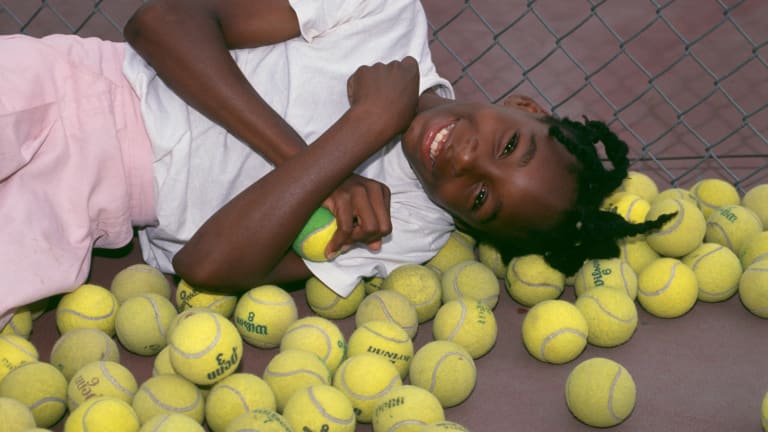
Venus at a photoshoot in August 1990.
© Getty Images
Advertising
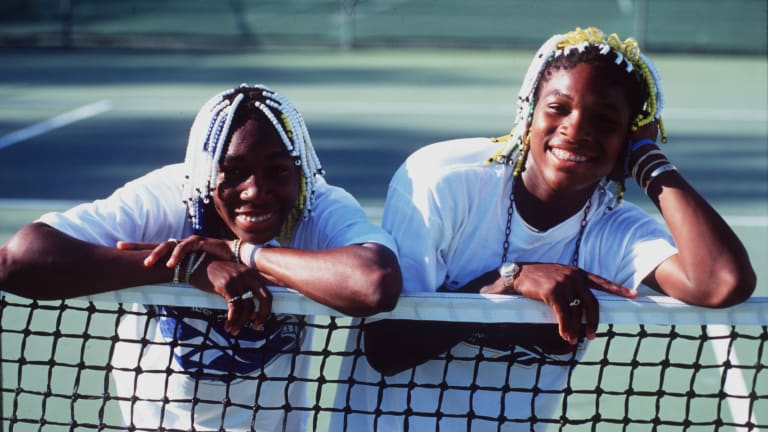
Venus has always had Serena’s back, and vice versa. “I wouldn’t be Serena if there were no Venus,” said the younger sister, with much emotion, after her final match at the 2022 US Open. “So, thank you, Venus.”
© Getty Images
Advertising
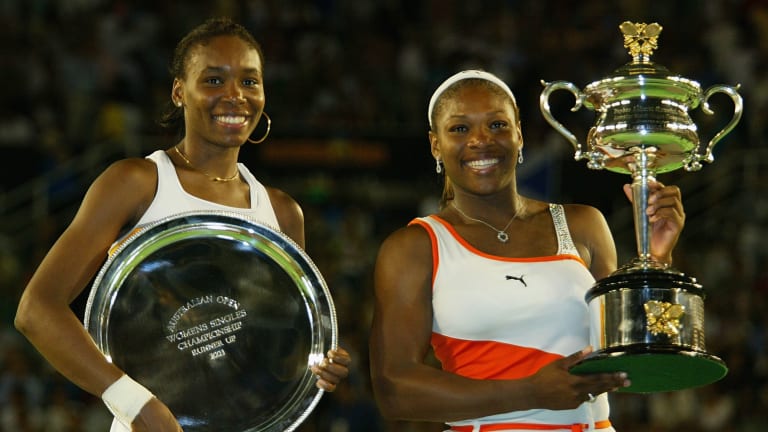
In an incredible stretch, Serena defeated Venus in four successive major finals (2002 Roland Garros through 2003 Australian Open).
© Getty Images
Advertising
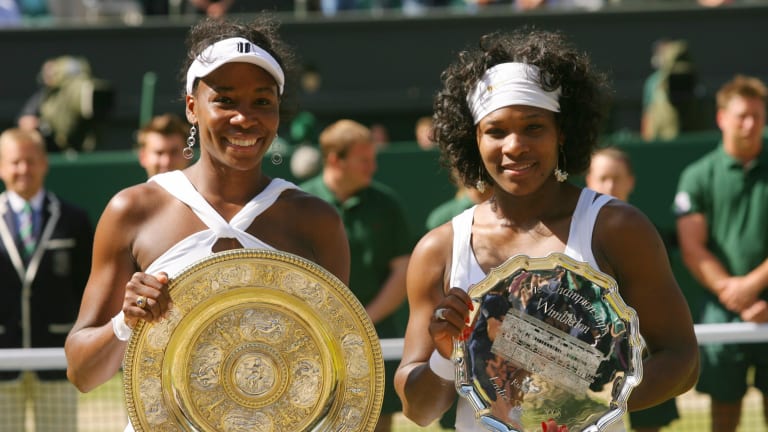
Venus' seventh Grand Slam singles triumph came over Serena at 2008 Wimbledon. A day later, the sisters teamed up to win the women's doubles crown.
© AFP via Getty Images
Advertising
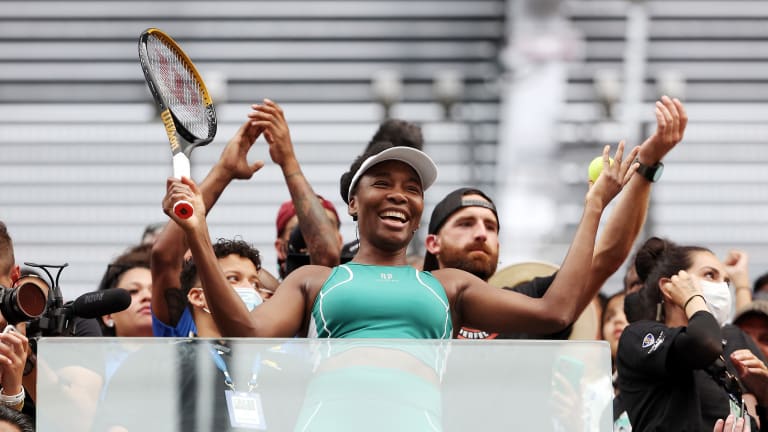
She played along with comedy group Dude Perfect at Arthur Ashe Kids’ Day; she hosted an exercise session with personal trainer Kira Stokes; she was there with her Serena as a doubles partner on the court and a supporter in her sister’s player box. Venus did plenty during her late summertime in New York City—with no sign of slowdown. “I just love being here, love playing here, the excitement of getting here, and the lead-up is all just—it never gets old,” said the 42-year-old. “It’s so sweet.”
© Getty Images